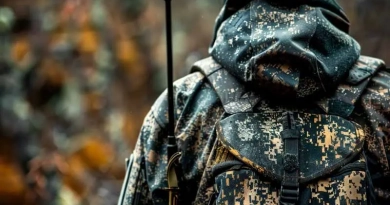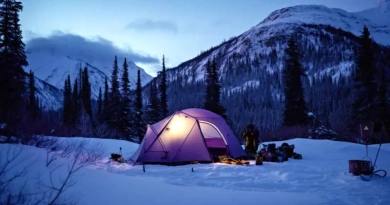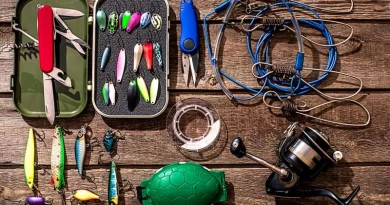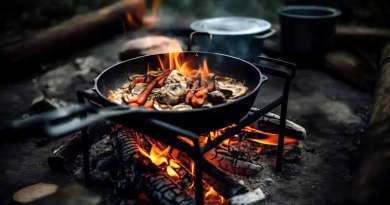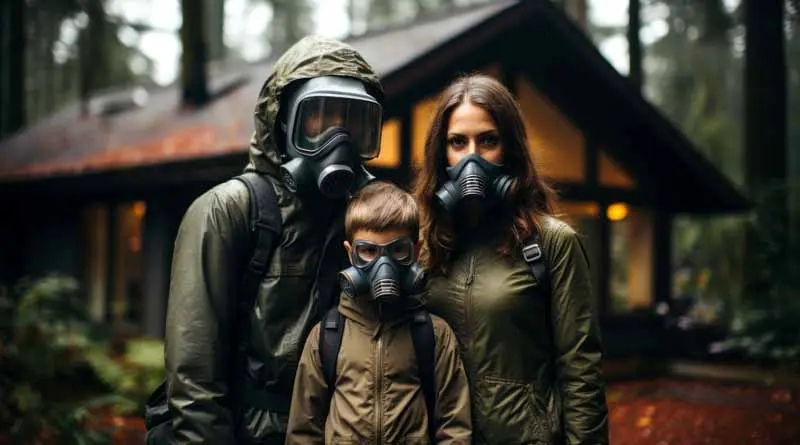
What Skills Do I Need To Learn For Effective Prepping?
The question, “What skills do I need to learn for effective prepping?” is vital for anyone serious about being ready for emergencies.
This journey isn’t just about gathering supplies; it’s about cultivating a wide range of abilities that ensure self-sufficiency and resilience in the face of adversity.
To be truly prepared, one must ask, “What skills do I need to learn for effective prepping?” This question goes beyond stockpiling resources; it delves into the essential skills that enable survival and adaptability. Understanding and mastering these skills is the cornerstone of effective preparedness.
Essential Prepping Skills
- Water Collection and Purification:
- Importance: Water is life. Without it, survival is measured in days.
- Methods: Learn various techniques, such as setting up a rain catchment system, using portable water filters, and purifying water through boiling or chemical treatments.
- Fire Starting:
- Importance: Fire is crucial for warmth, cooking, and signaling for help.
- Methods: Practice using different fire-starting tools like ferro rods, lighters, and matches. Learn to start a fire in various conditions, including wet and windy environments.
- Outdoor Cooking:
- Importance: Cooking food safely and efficiently is essential for nutrition and morale.
- Methods: Gain proficiency in cooking over open flames, portable stoves, and other improvised methods. Experiment with different techniques to understand cooking times and fuel needs.
- Navigation:
- Importance: Knowing how to navigate without modern technology is vital for moving safely in unfamiliar terrain.
- Methods: Master the use of maps, compasses, and even the stars. Practice navigation regularly to build confidence and accuracy..
- First Aid:
- Importance: Injuries and illnesses can quickly escalate without proper care.
- Methods: Learn basic first aid skills such as wound treatment, CPR, and handling fractures. Keep a well-stocked first aid kit and regularly refresh your knowledge through courses.
- Self-Defense:
- Importance: Protecting yourself and your loved ones is paramount in crisis situations.
- Methods: Train in self-defense techniques, including hand-to-hand combat, using firearms, and other defensive tools. Regular practice is key to maintaining these skills.
Common Obstacles
- Time and Resources: Acquiring these skills takes time and sometimes significant resources. Prioritize based on your personal risk assessment.
- Practical Experience: Many skills, such as fire starting and self-defense, require hands-on practice to master.
- Ongoing Training: Skills can become rusty without regular practice, making continuous learning and training essential.
The Best Solution and How to Implement It
Developing a Comprehensive Skills Plan
- Risk Assessment: Identify the most likely scenarios you may face and prioritize skills accordingly. For example, if you live in an area prone to natural disasters, focus on first aid, navigation, and shelter building.
- Structured Learning: Break down skills into manageable segments and tackle them one at a time. Take courses, attend workshops, and seek mentorship from experienced preppers.
- Regular Practice: Schedule regular practice sessions for each skill. This could mean weekly fire-starting drills, monthly first aid refreshers, or quarterly navigation exercises.
Building Your Skillset
- Join Local Groups: Connect with local prepping or survivalist groups. Sharing knowledge and practicing together can enhance your skills and provide a support network.
- Utilize Online Resources: There are numerous online courses, tutorials, and forums dedicated to prepping skills, many of which you’ll find here.
- Hands-On Training: Whenever possible, choose hands-on training over theoretical learning. Real-world practice is invaluable for building confidence and competence.
Resources and Tools Needed
- Educational Materials: Books, online courses, and video tutorials.
- Practical Tools: Compasses, first aid kits, fire-starting tools, water filtration systems, and defensive gear.
- Local Resources: Community centers, survivalist groups, and workshops.
Conclusion
The skills needed for effective prepping are not just about survival; they are about ensuring that you can face any challenge with confidence and resilience. By prioritizing essential skills, committing to regular practice, and utilizing available resources, you can build a robust foundation for any emergency.
Preparation is about more than just having supplies; it’s about being capable and ready to use them effectively. Stay prepared, stay safe, and embrace the journey of learning with determination and enthusiasm.


